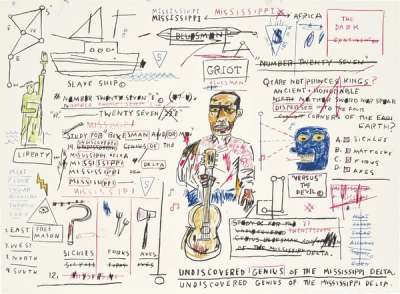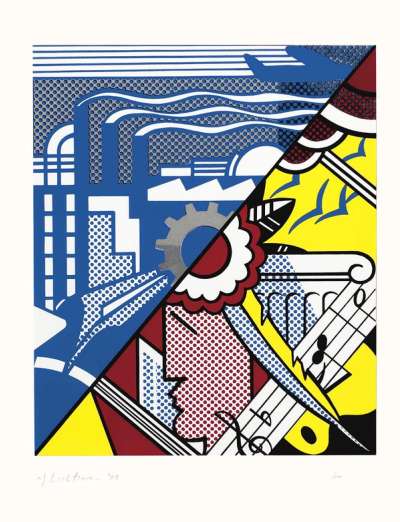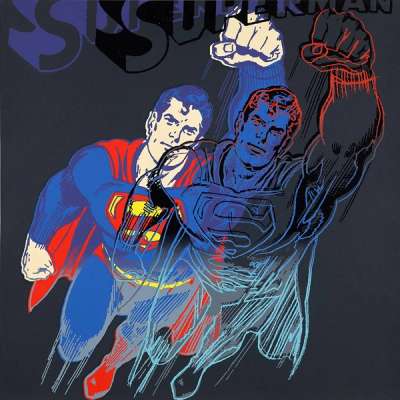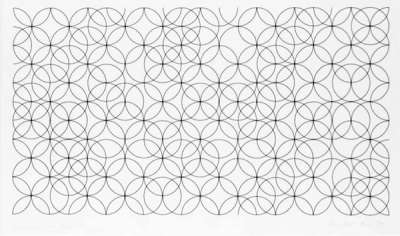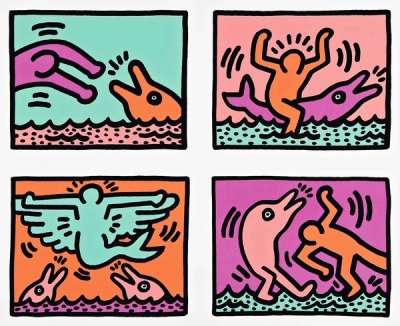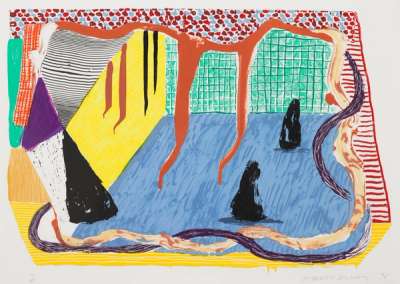Building the Next Generation of Digital Infrastructure for the Art World

 © Arcual 2024
© Arcual 2024Live TradingFloor
In an era where the intersection of art and technology is increasingly significant, Charlotte Stewart's discussion with Bernadine Bröcker Wieder, CEO of Arcual, offers profound insights into the digital transformation reshaping the art market. Arcual, at the vanguard of this change, is pioneering solutions that promise to streamline and secure the art transaction process, making it a beacon for the future of art commerce.
Listen to the complete episode here:
Revolutionising Art Transactions with Digital Innovations
Arcual’s core mission, as explained by Wieder, is to enhance the authenticity and traceability of art transactions. By employing sophisticated technological tools, Arcual facilitates a more transparent and efficient purchasing process. A standout innovation is the digital dossier—a comprehensive collection of authenticated and timestamped digital files that accompany each artwork sold. This dossier not only includes essential information like resale royalties and exhibition history but also ensures that all these details are seamlessly transferred to the new owner upon purchase. This groundbreaking approach has the potential to redefine how art is bought and sold, offering unparalleled security and convenience to collectors and galleries alike.
The importance of such a digital infrastructure cannot be overstated, especially as the art world continues to grapple with challenges related to authenticity and provenance. The digital dossier, leveraging blockchain technology, represents a significant leap forward. Blockchain's ability to provide a secure and unalterable record of transactions makes it an ideal foundation for Arcual's services. By creating a ‘token of tokens,’ Arcual allows for a comprehensive aggregation of an artwork's digital files, which can include smart contracts for automatic execution of agreements like resale royalties.
Expanding the Art Market's Digital Frontier
Arcual’s services are rapidly gaining traction, with notable collaborations such as Art Basel and an expanding network of about 45 galleries since 2023. This expansion signifies a growing recognition of the need for digital solutions in the art market—a space historically characterised by traditional, paper-based processes. The introduction of features like a shopfront for artworks showcases Arcual's commitment to not only simplifying transactions but also enhancing the presentation and discovery of art online.
Overcoming Challenges and Setting New Standards
Despite the clear advantages of integrating digital solutions into the art market, challenges remain. The industry's cautious approach to technology adoption is a significant hurdle. Many in the art world remain sceptical of digital processes, preferring the familiarity of traditional methods. However, as Wieder points out, the successful incorporation of technology into art transactions requires addressing not just practical concerns but also the cultural and perceptual barriers that have long defined the sector.
Privacy concerns represent another critical challenge. In an era where data breaches are increasingly common, ensuring the confidentiality and security of transaction details is paramount. Arcual addresses these concerns head-on, offering solutions that provide immutable proof of transactions while safeguarding sensitive information. This careful balancing act between transparency and privacy exemplifies the nuanced approach needed to modernise the art market successfully.
The Future of Art and Technology
Looking ahead, the potential for Arcual to impact the secondary market is particularly exciting. While the platform has initially focused on contemporary works and living artists, the possibility of extending its services to historical artworks presents a tantalising prospect. This expansion would not only further authenticate the art market but also offer new opportunities for collectors and sellers alike.
The conversation with Wieder underscores a critical point: the integration of technology into the art market is not merely about adopting new tools but about rethinking the foundations of art commerce itself. As Arcual continues to develop and refine its offerings, the potential for transformative change grows. By addressing the pain points of galleries and artists, Arcual is not just solving existing problems but also anticipating the future needs of the art market.
, Arcual's journey, as detailed by Wieder, is a compelling example of how technology can enhance and expand the art market. By providing solutions that ensure authenticity, streamline transactions, and protect privacy, Arcual is paving the way for a more secure, transparent, and accessible art world. As the art market continues to evolve, the integration of digital infrastructure like Arcual's will undoubtedly play a pivotal role in shaping its future, promising a more connected and dynamic ecosystem for artists, collectors, and galleries around the globe.
Arcual is not merely developing digital tools for the art market but is envisioning a new paradigm where art and technology coalesce to create a more inclusive, secure, and vibrant art ecosystem. As Arcual charts its course through uncharted waters, its journey offers valuable insights into the potential for technology to not just disrupt but also enrich the cultural, economic, and social fabric of the art world.
As we look to the future, the pioneering work of Arcual, under the leadership of visionaries like Wieder, promises to usher in an era where the art market's digital infrastructure is as robust, nuanced, and expressive as the artworks it supports. In this future, art and technology harmonise to unlock new possibilities for creation, curation, and collection, heralding an age of unprecedented connectivity and creativity in the art world.
Arcual's journey, as detailed by Wieder, is a compelling example of how technology can enhance and expand the art market. By providing solutions that ensure authenticity, streamline transactions, and protect privacy, Arcual is paving the way for a more secure, transparent, and accessible art world. As the art market continues to evolve, the integration of digital infrastructure like Arcual's will undoubtedly play a pivotal role in shaping its future, promising a more connected and dynamic ecosystem for artists, collectors, and galleries around the globe.
Arcual is not merely developing digital tools for the art market but is envisioning a new paradigm where art and technology coalesce to create a more inclusive, secure, and vibrant art ecosystem. As Arcual charts its course through uncharted waters, its journey offers valuable insights into the potential for technology to not just disrupt but also enrich the cultural, economic, and social fabric of the art world.
Arcual's journey, as detailed by Wieder, is a compelling example of how technology can enhance and expand the art market. By providing solutions that ensure authenticity, streamline transactions, and protect privacy, Arcual is paving the way for a more secure, transparent, and accessible art world. As the art market continues to evolve, the integration of digital infrastructure like Arcual's will undoubtedly play a pivotal role in shaping its future, promising a more connected and dynamic ecosystem for artists, collectors, and galleries around the globe.
Arcual is not merely developing digital tools for the art market but is envisioning a new paradigm where art and technology coalesce to create a more inclusive, secure, and vibrant art ecosystem. As Arcual charts its course through uncharted waters, its journey offers valuable insights into the potential for technology to not just disrupt but also enrich the cultural, economic, and social fabric of the art world.








